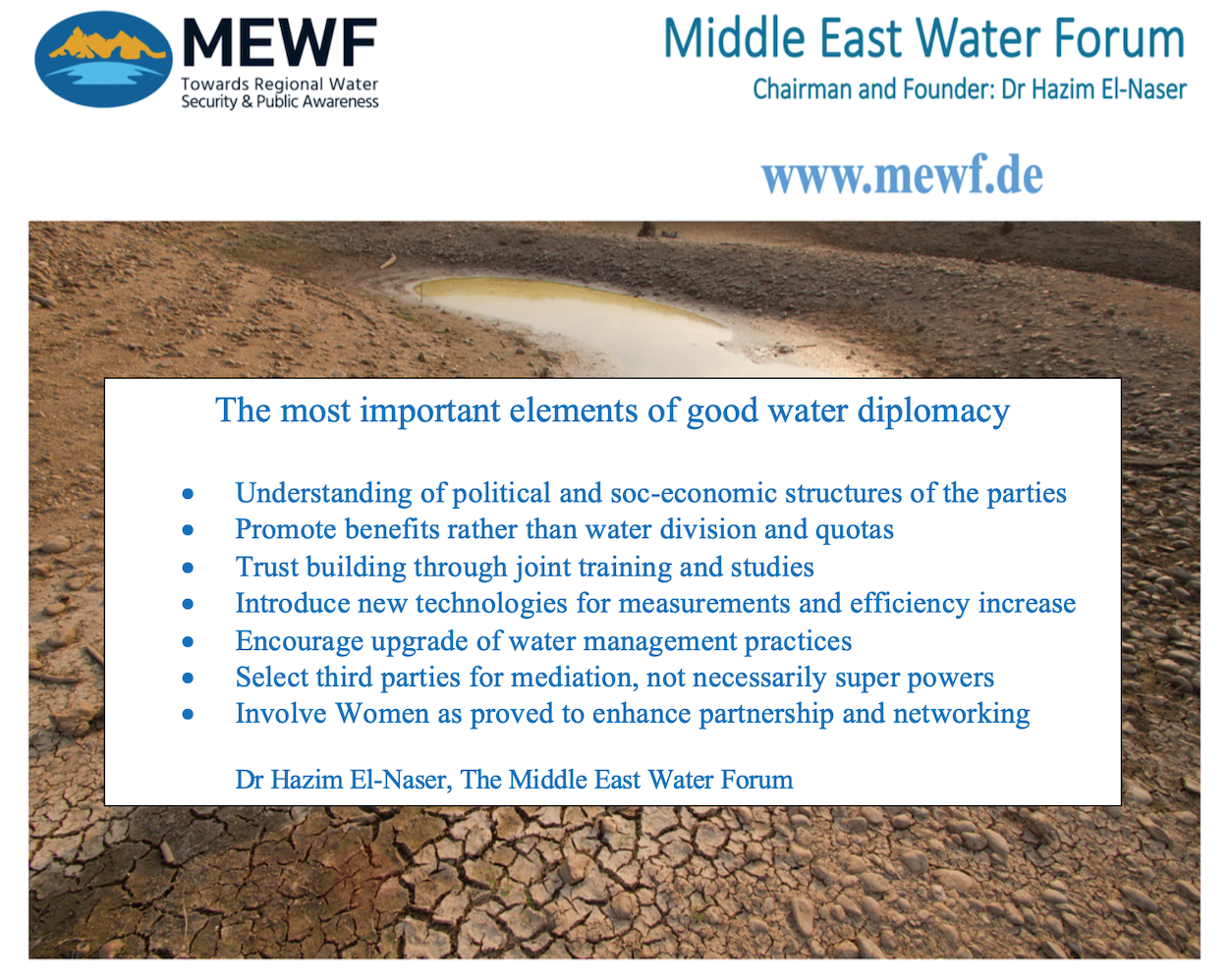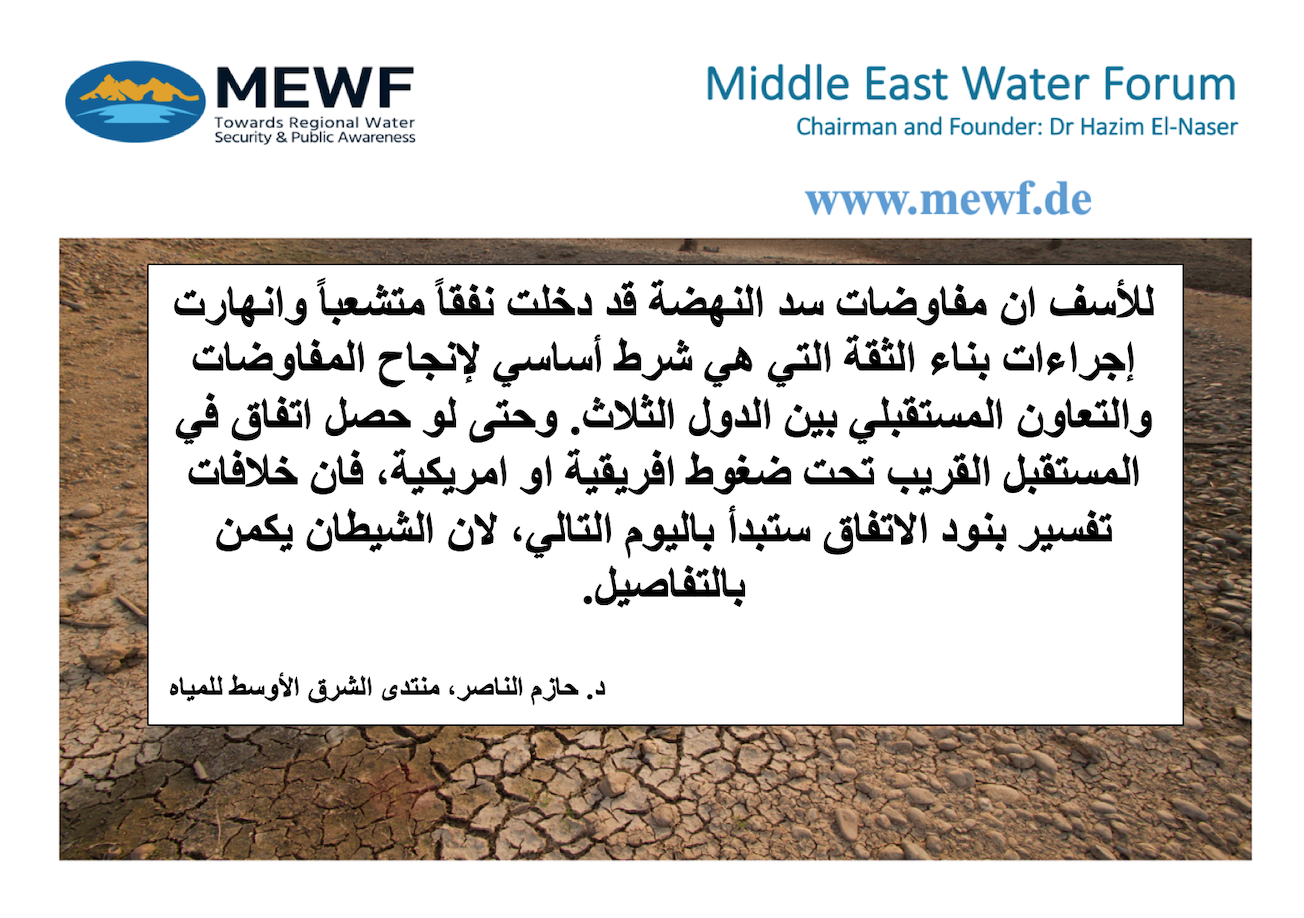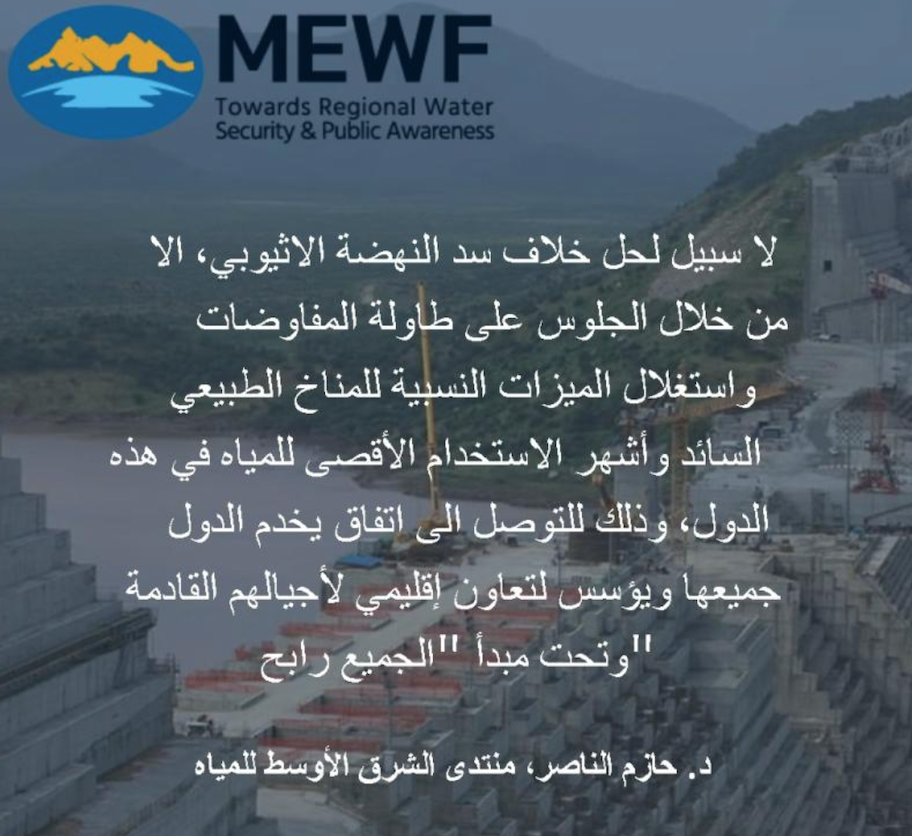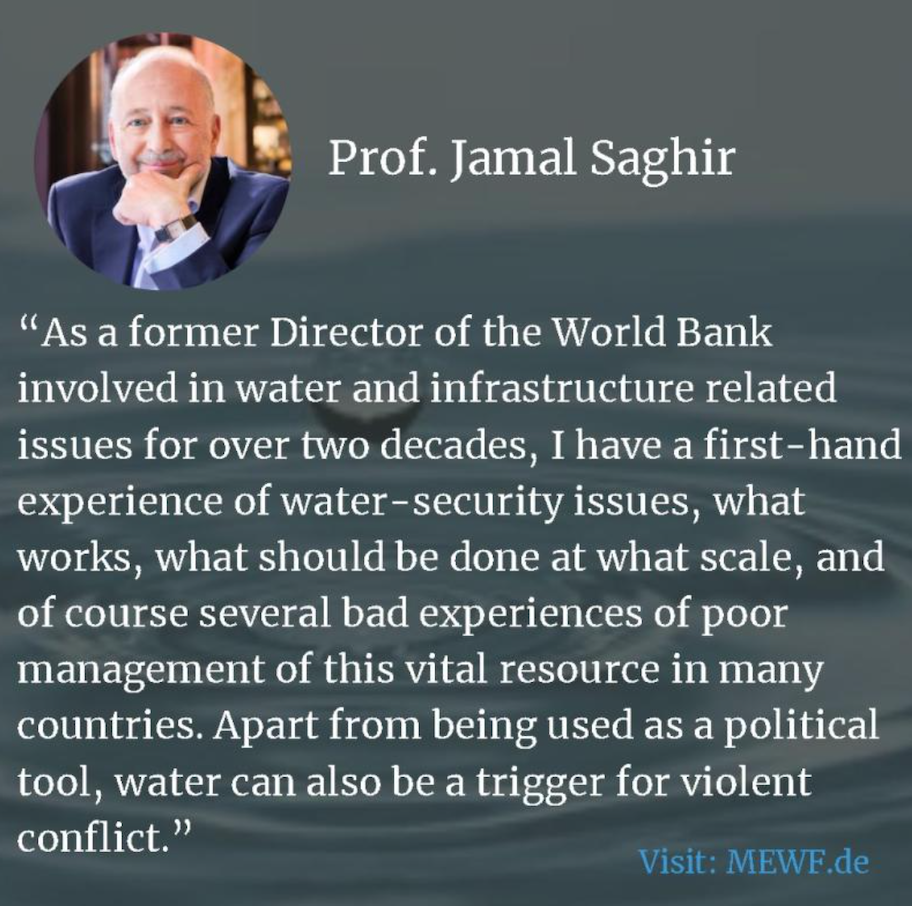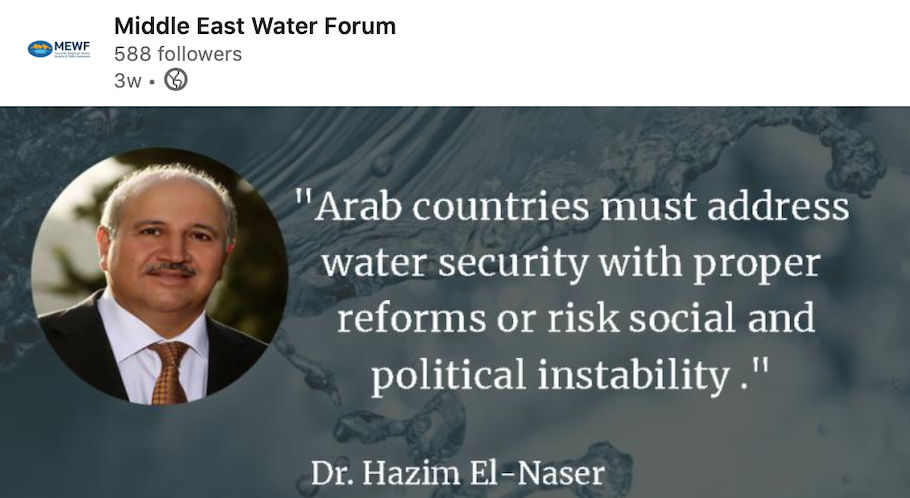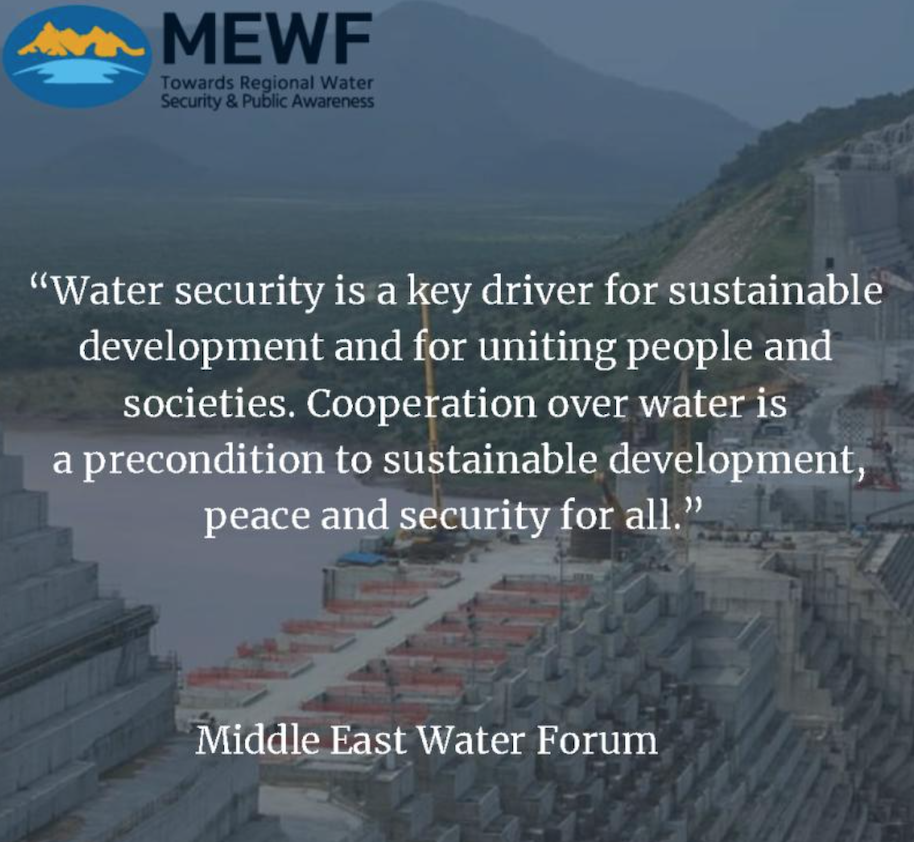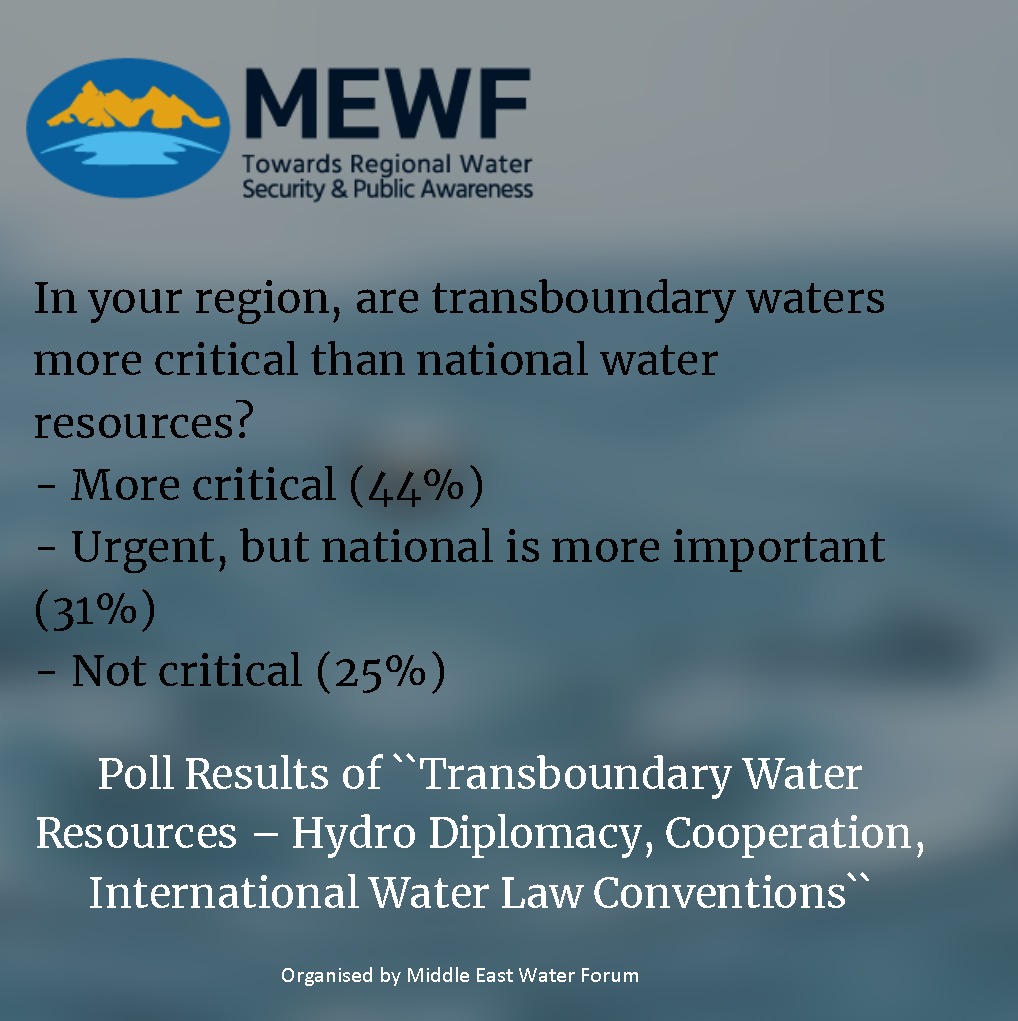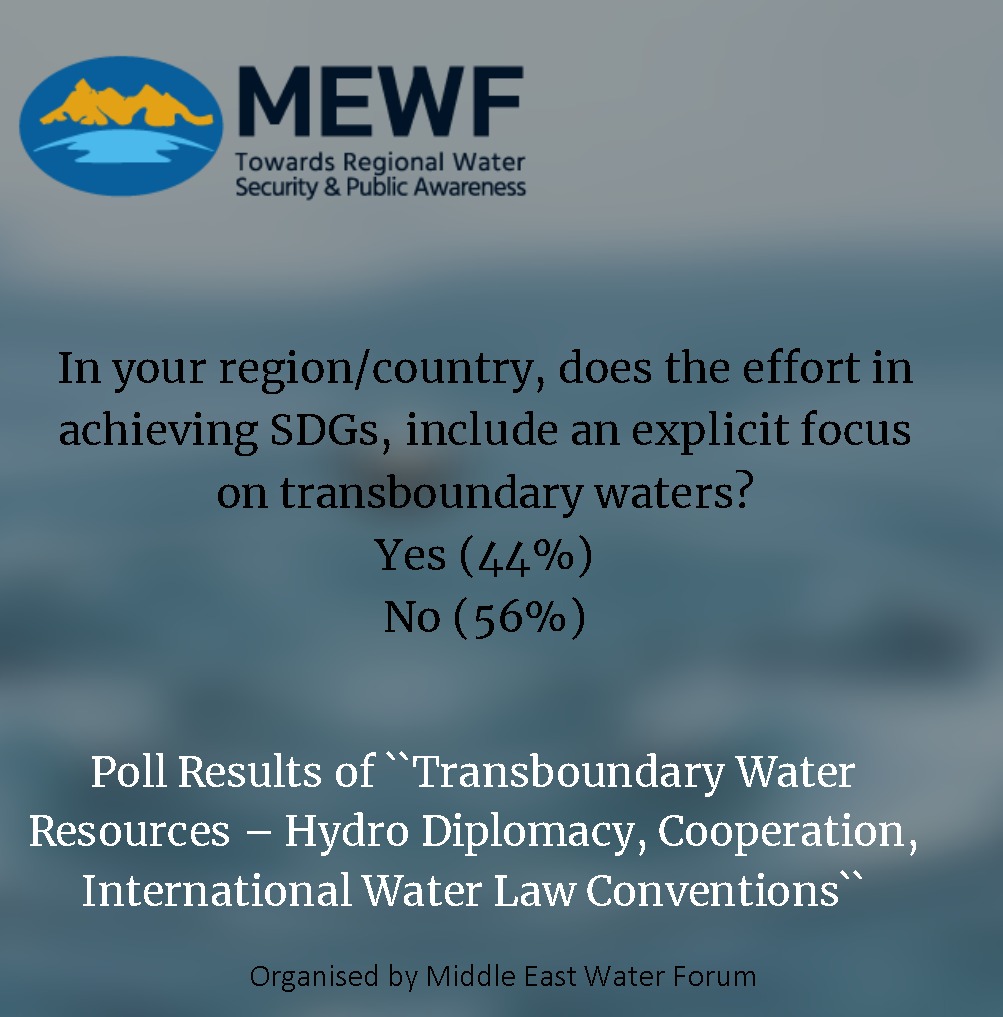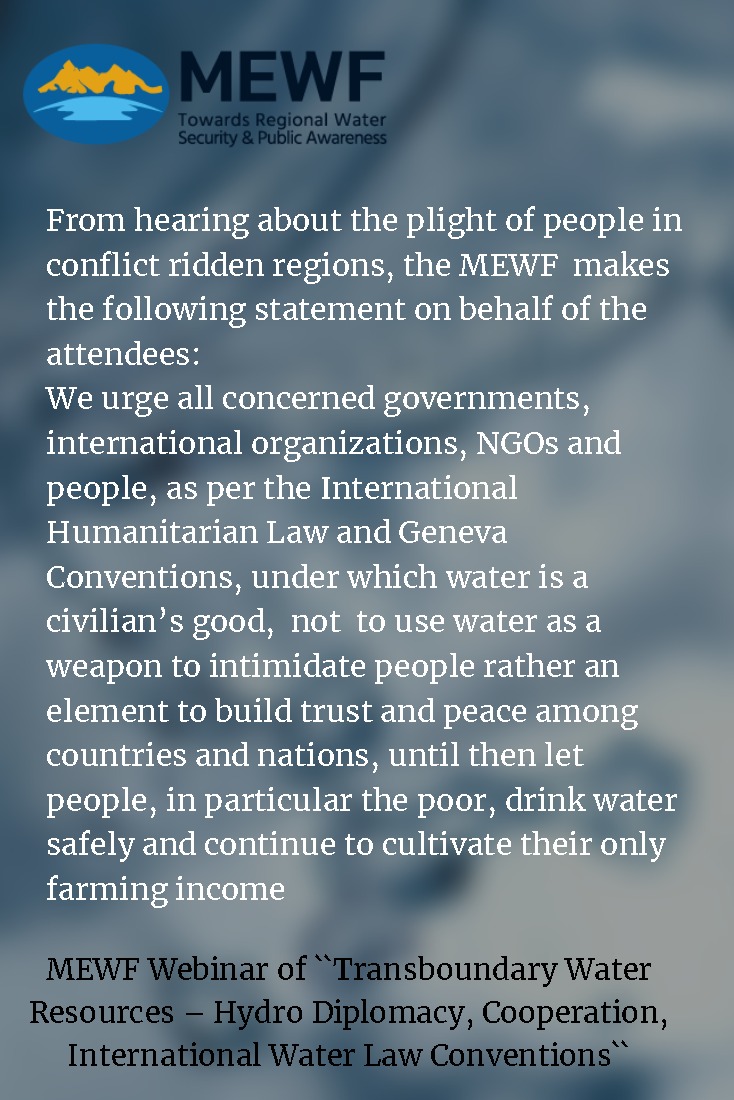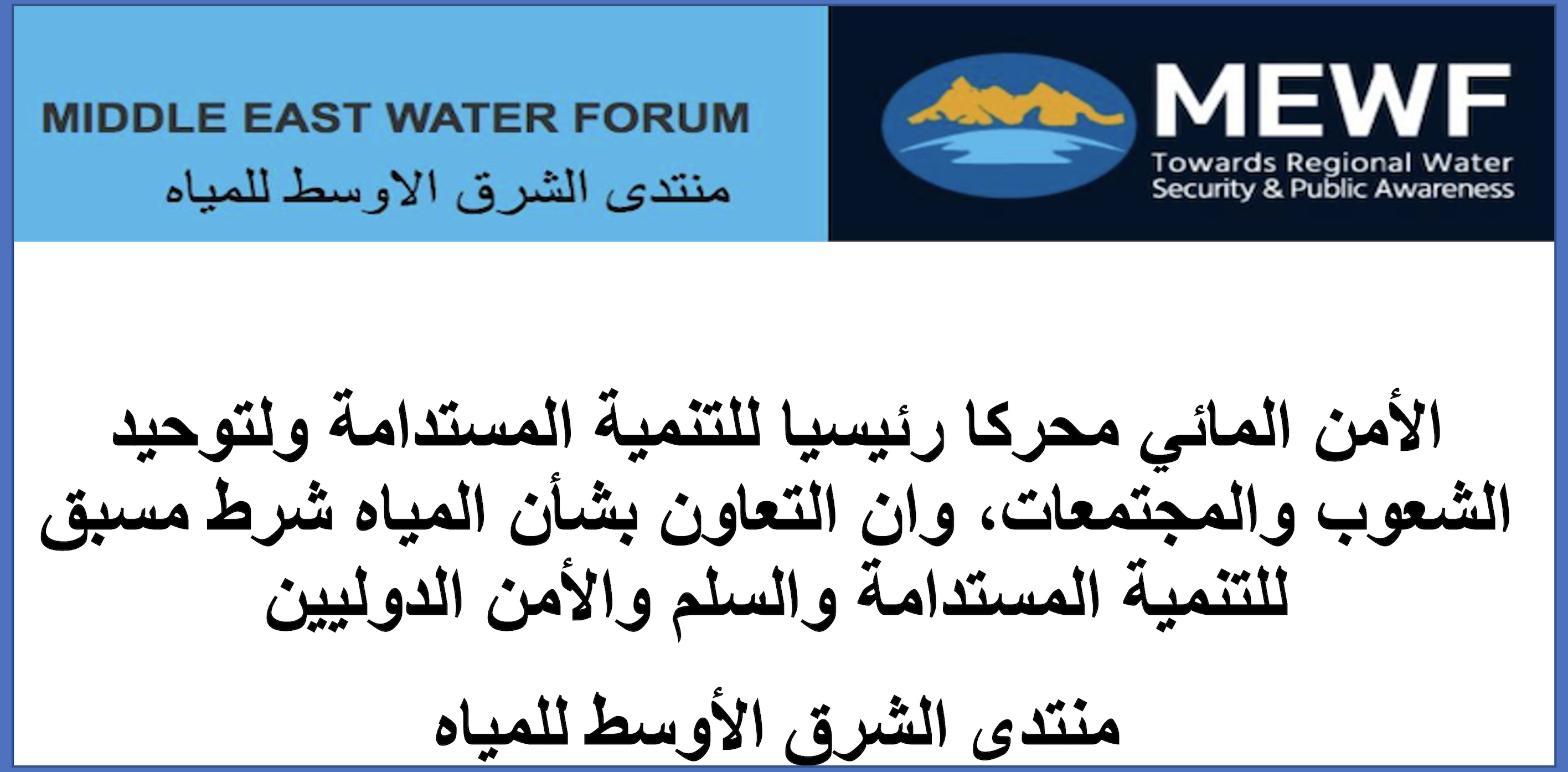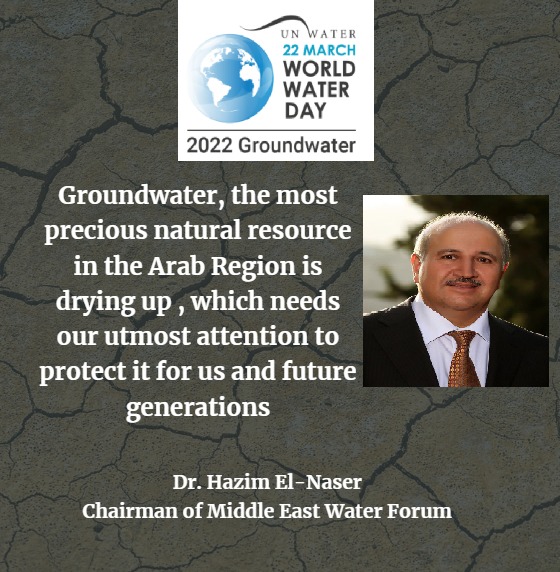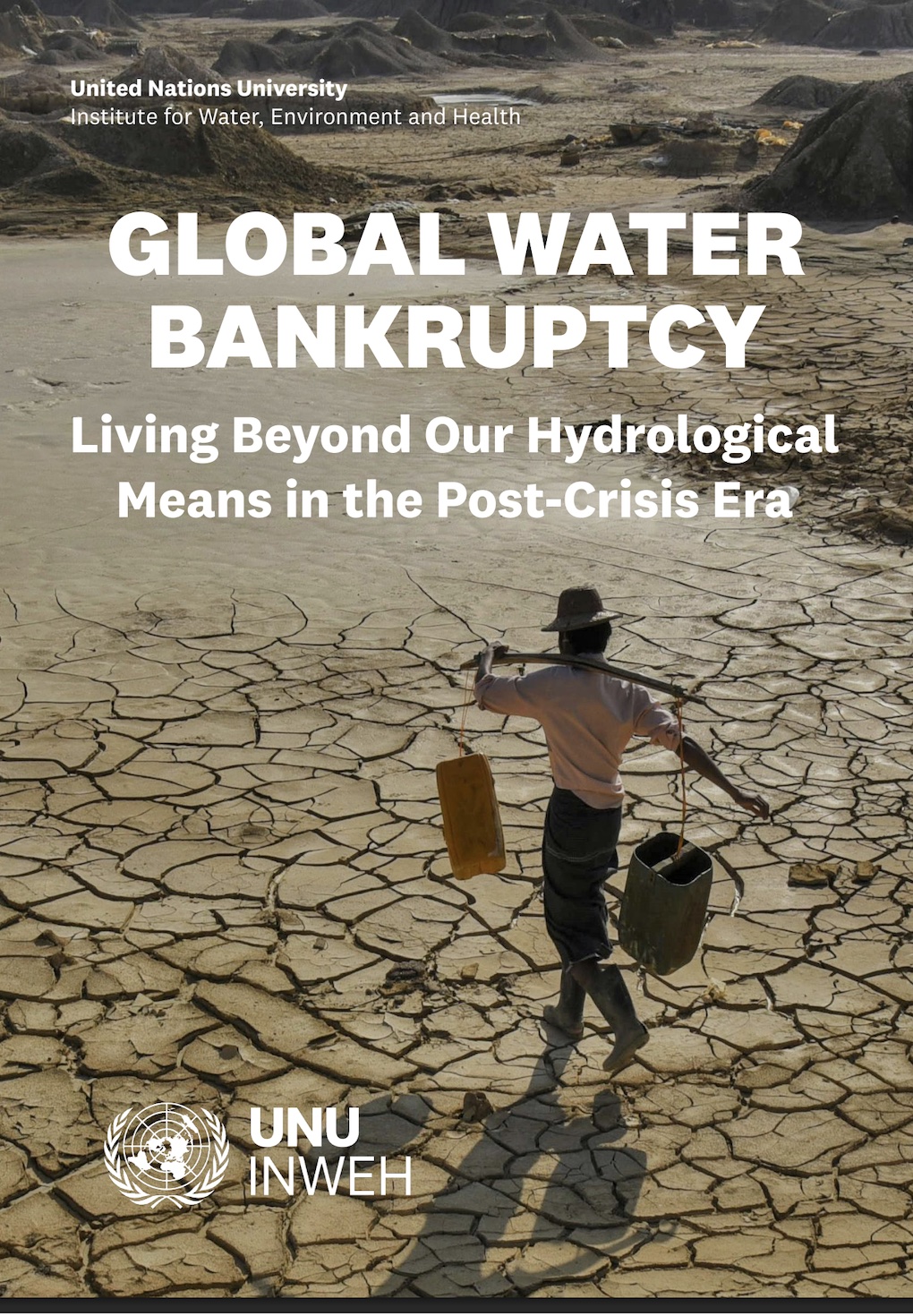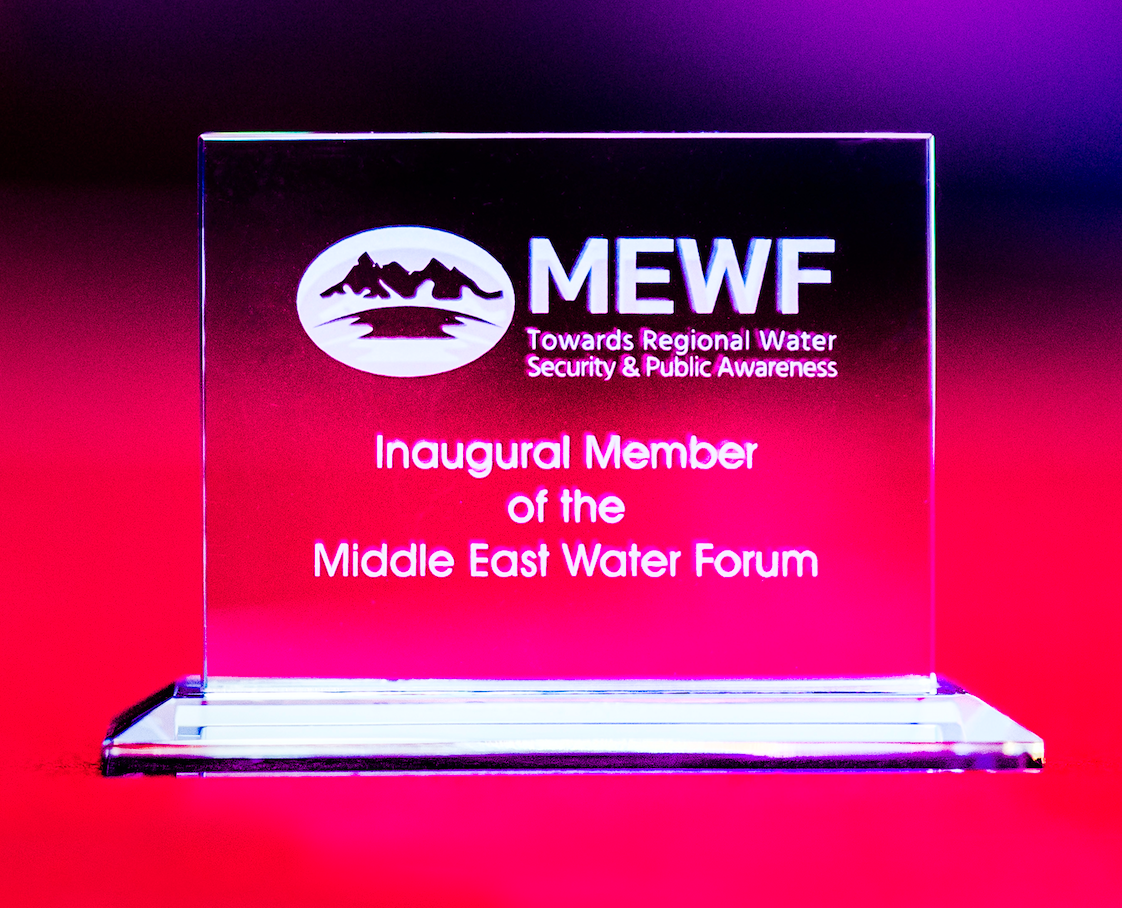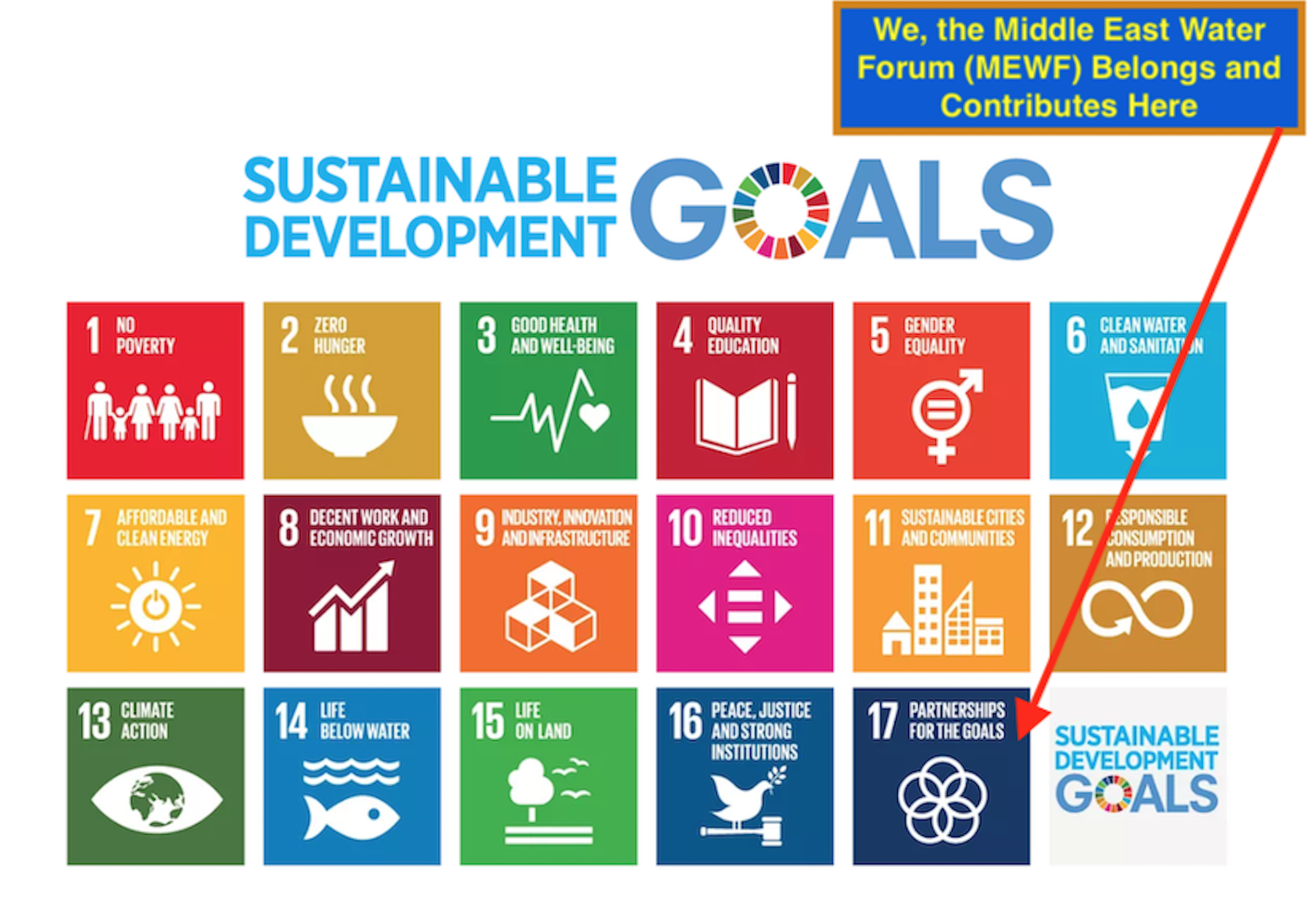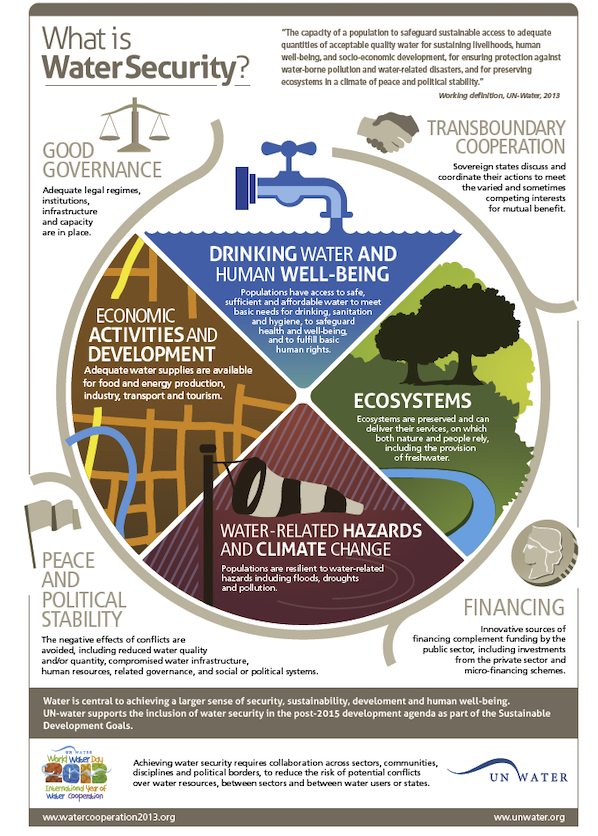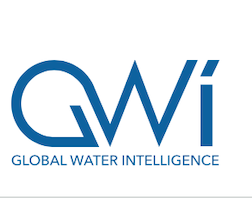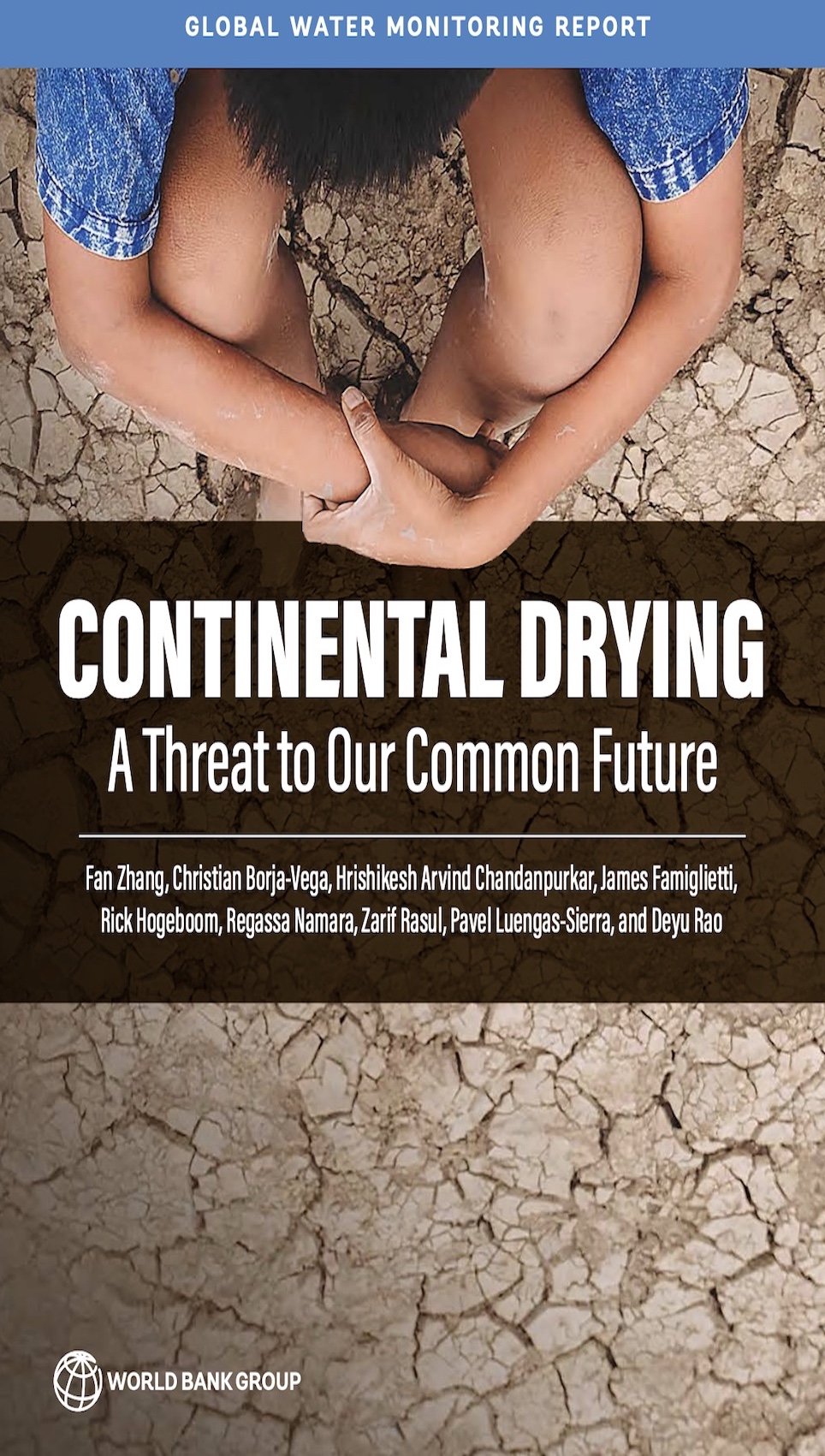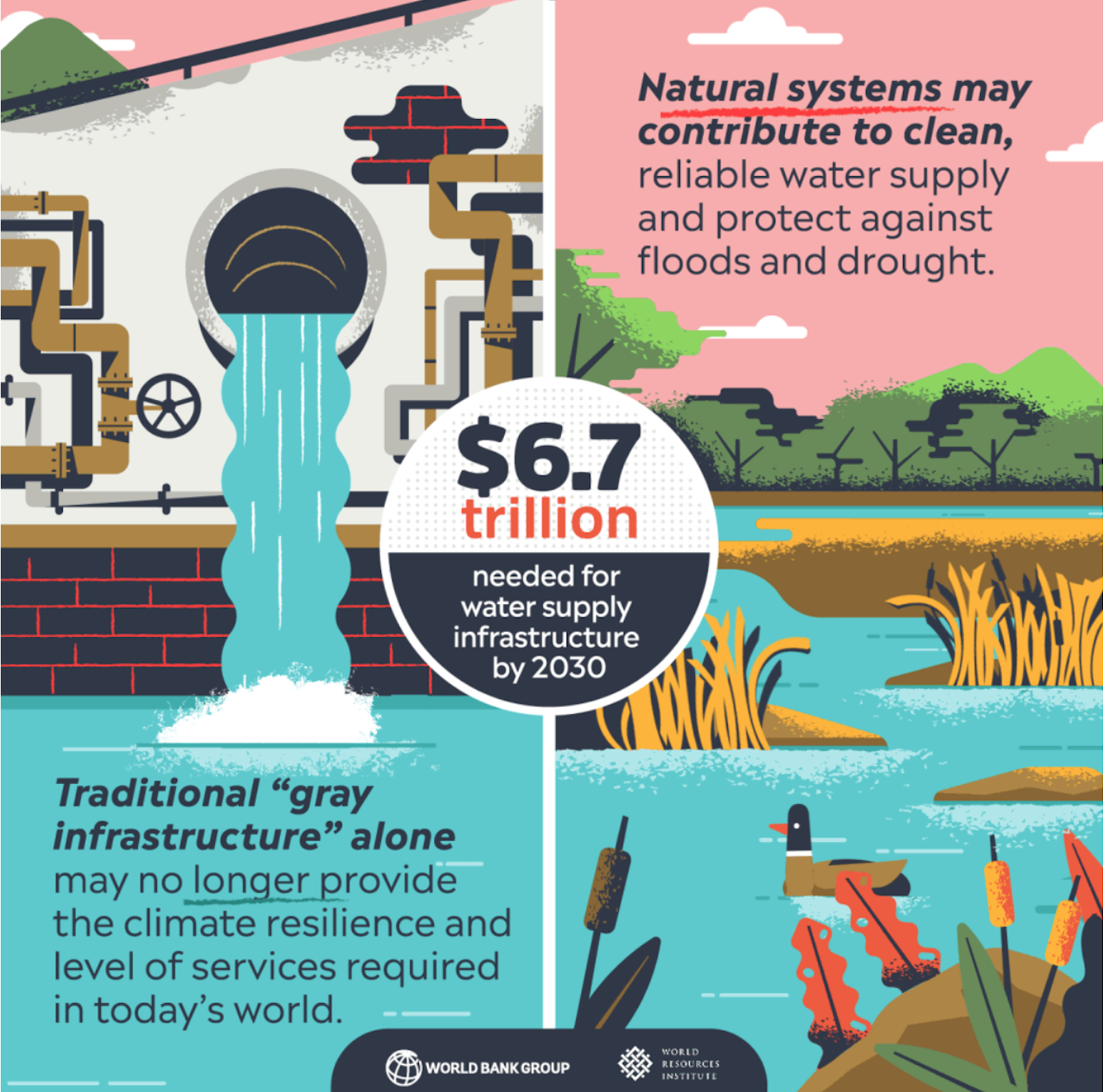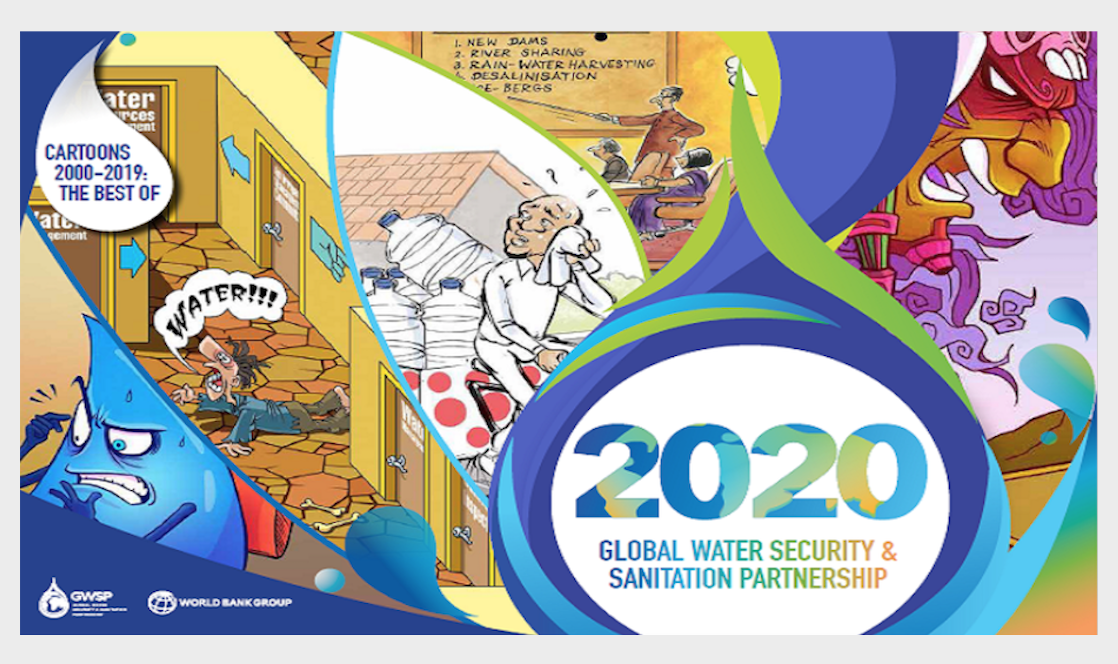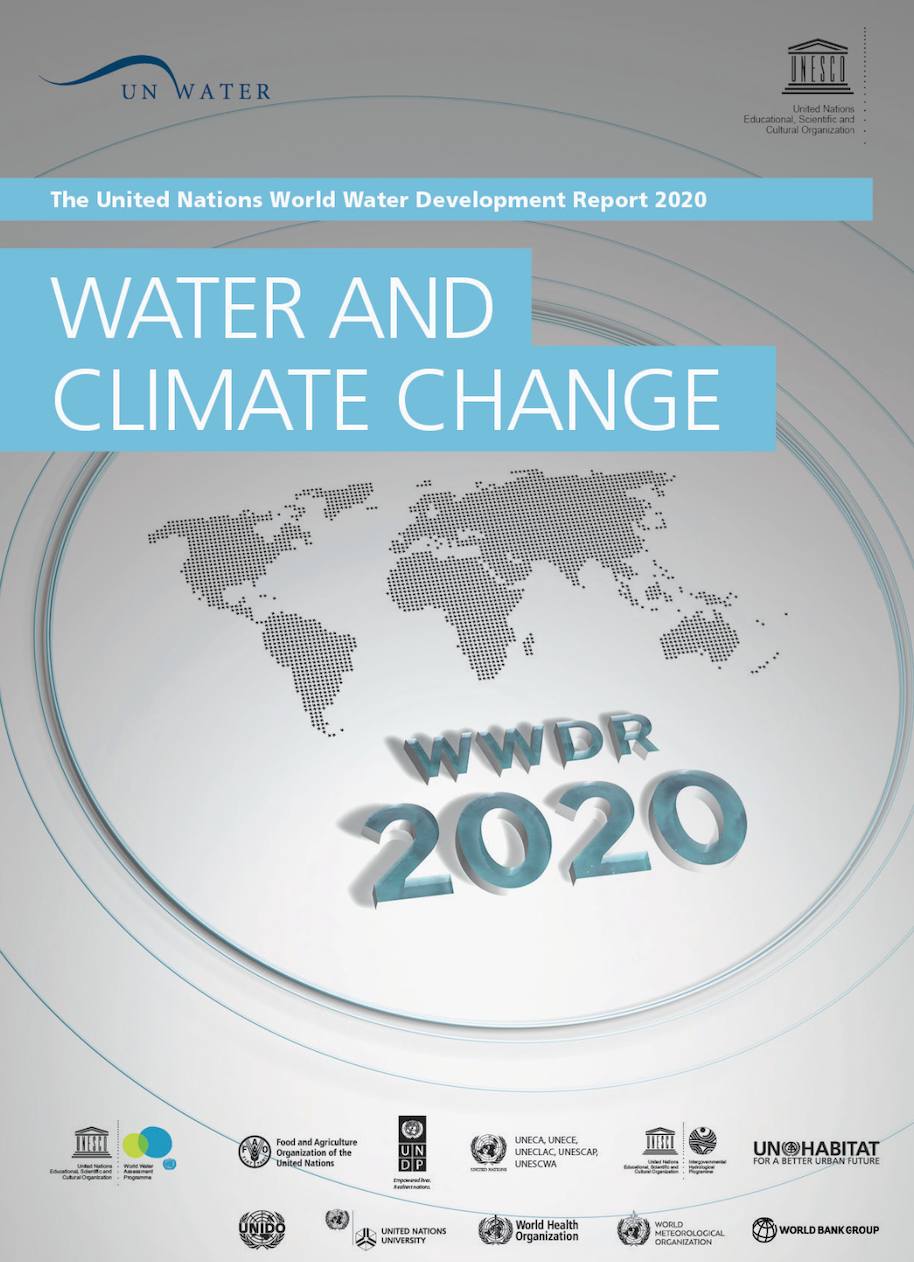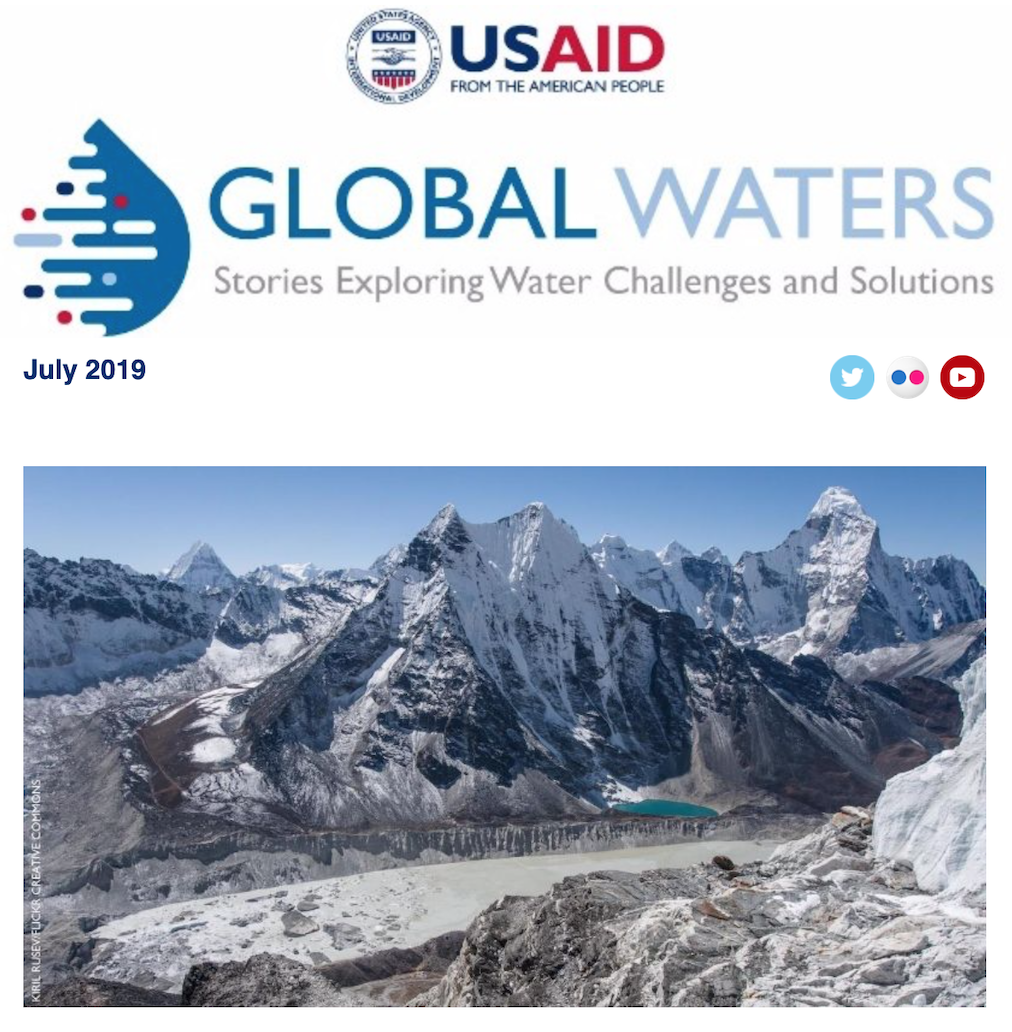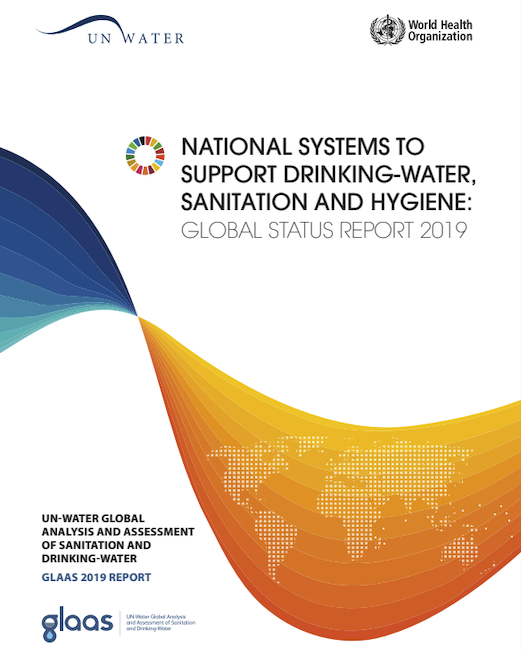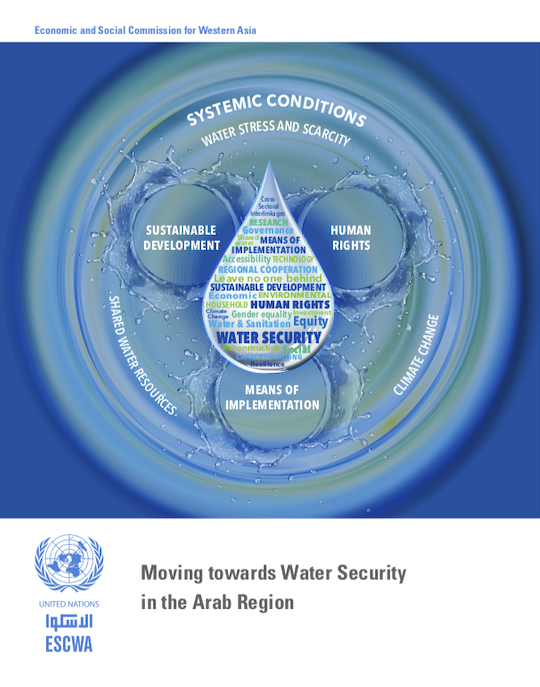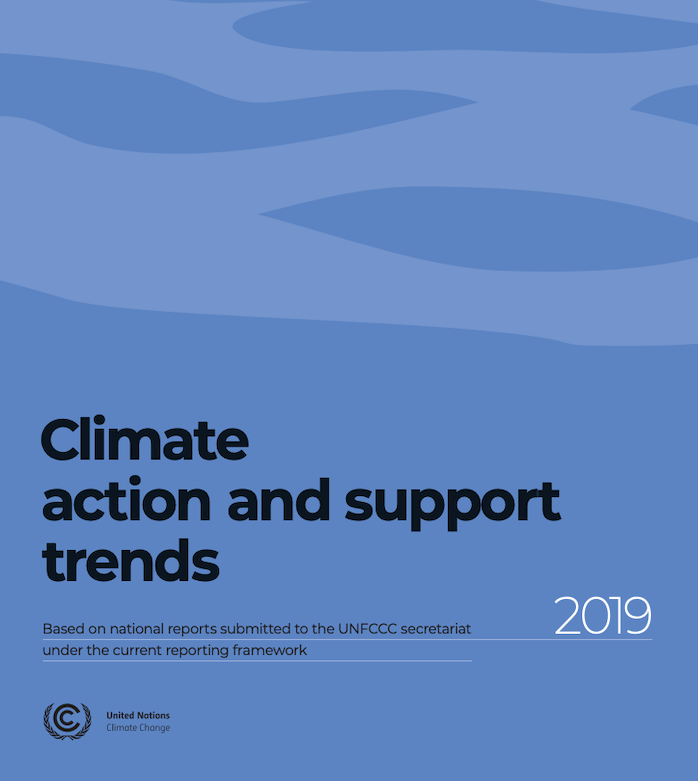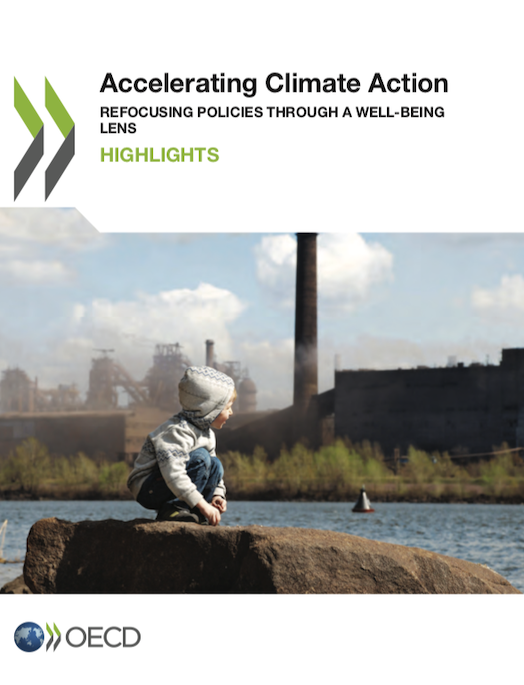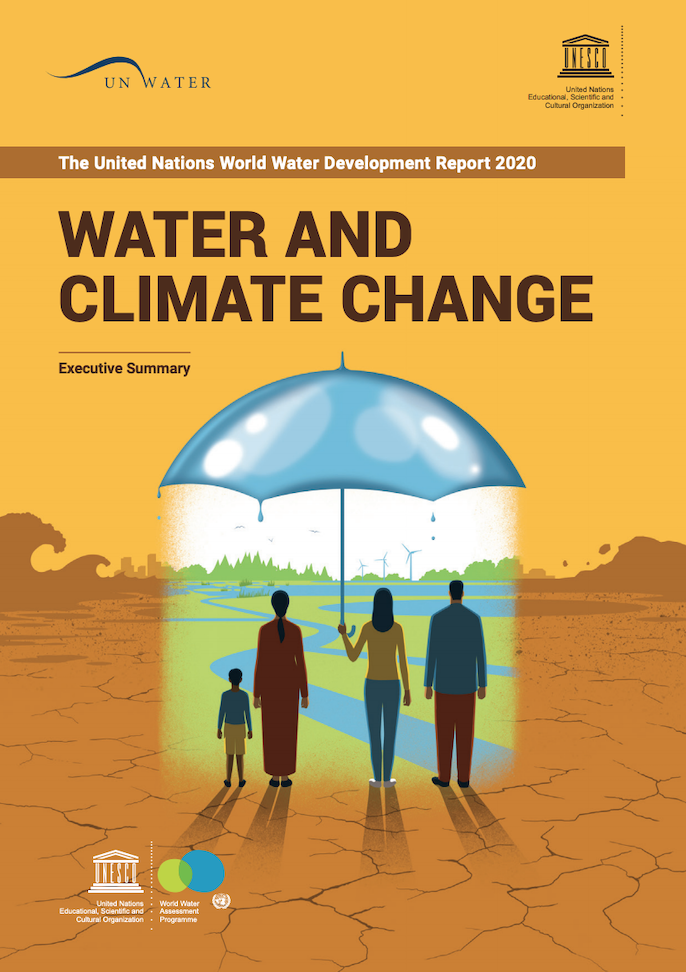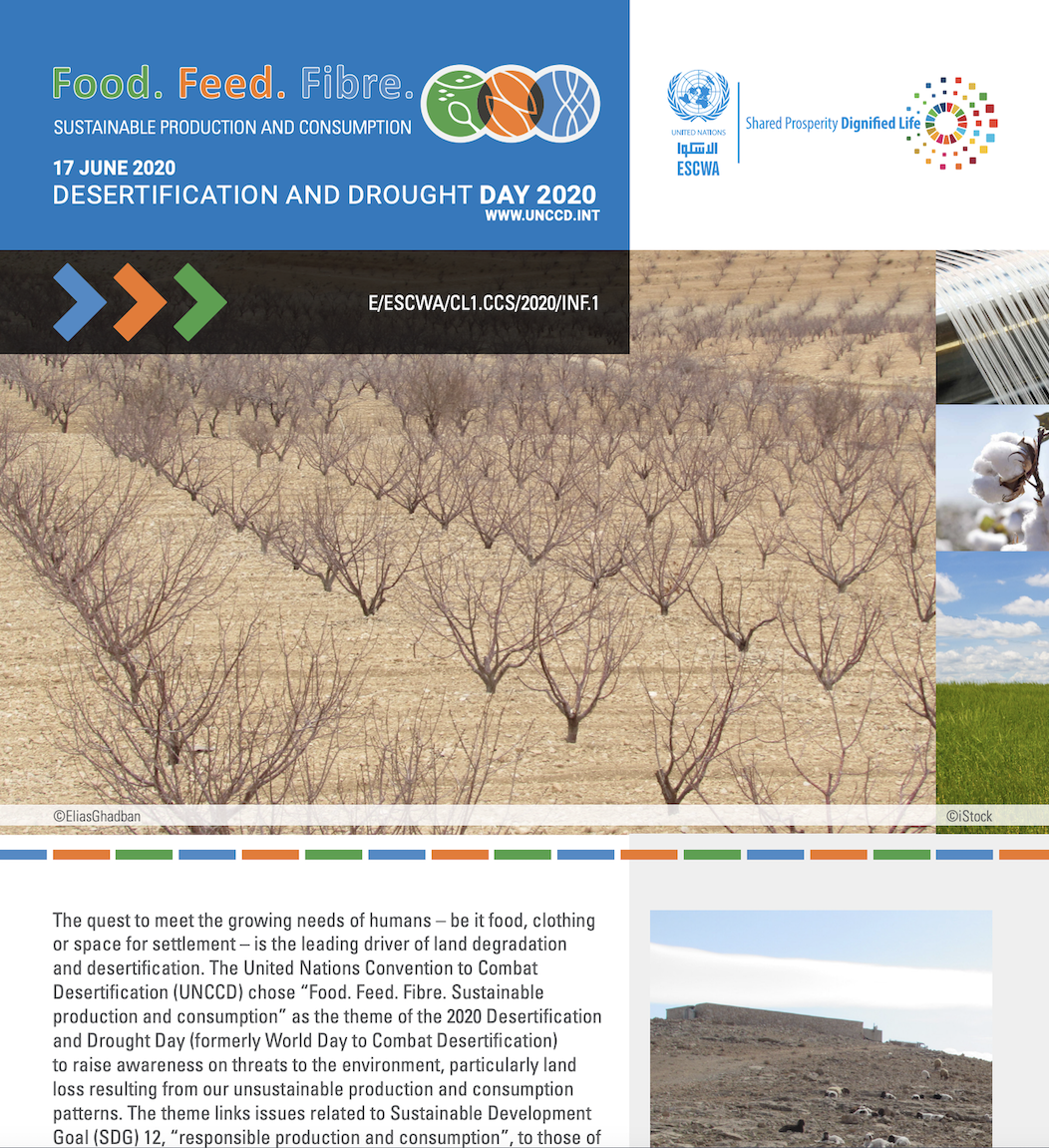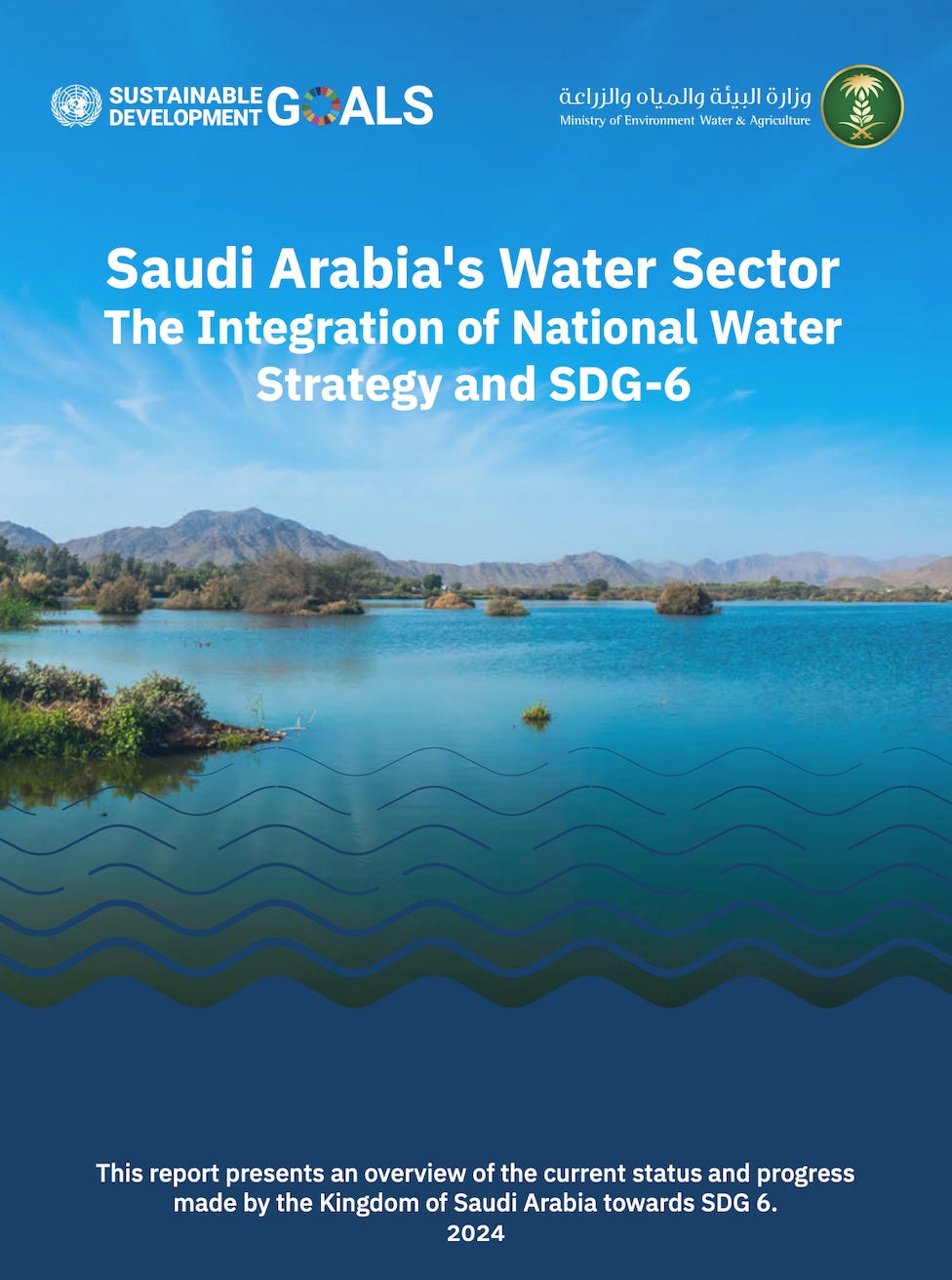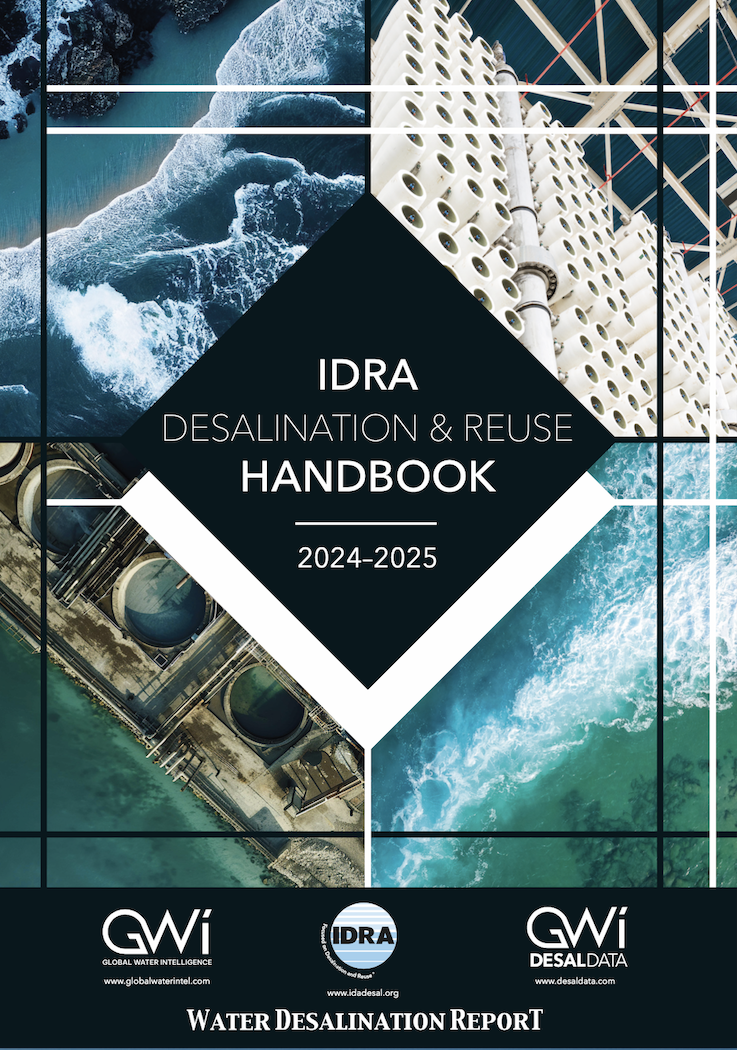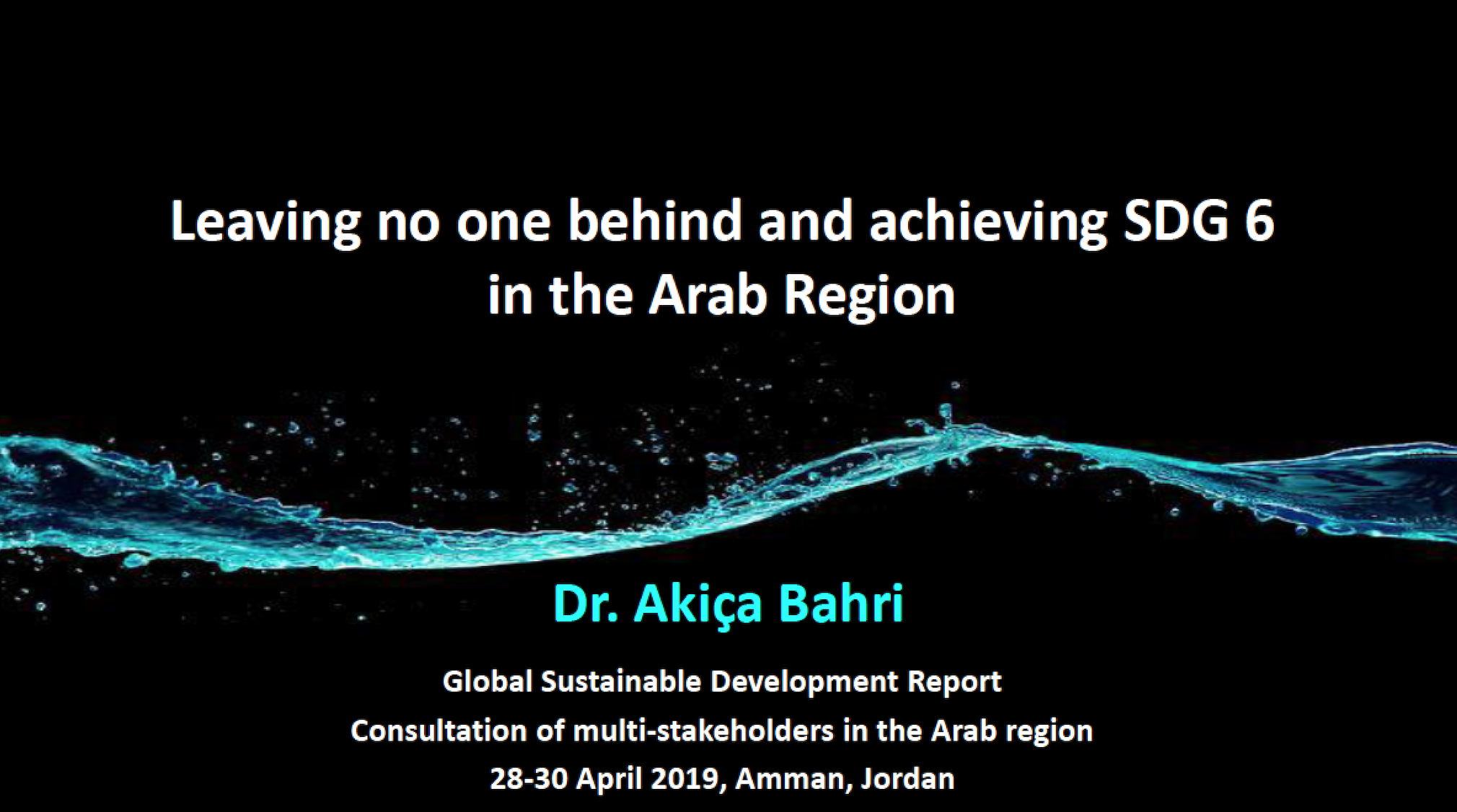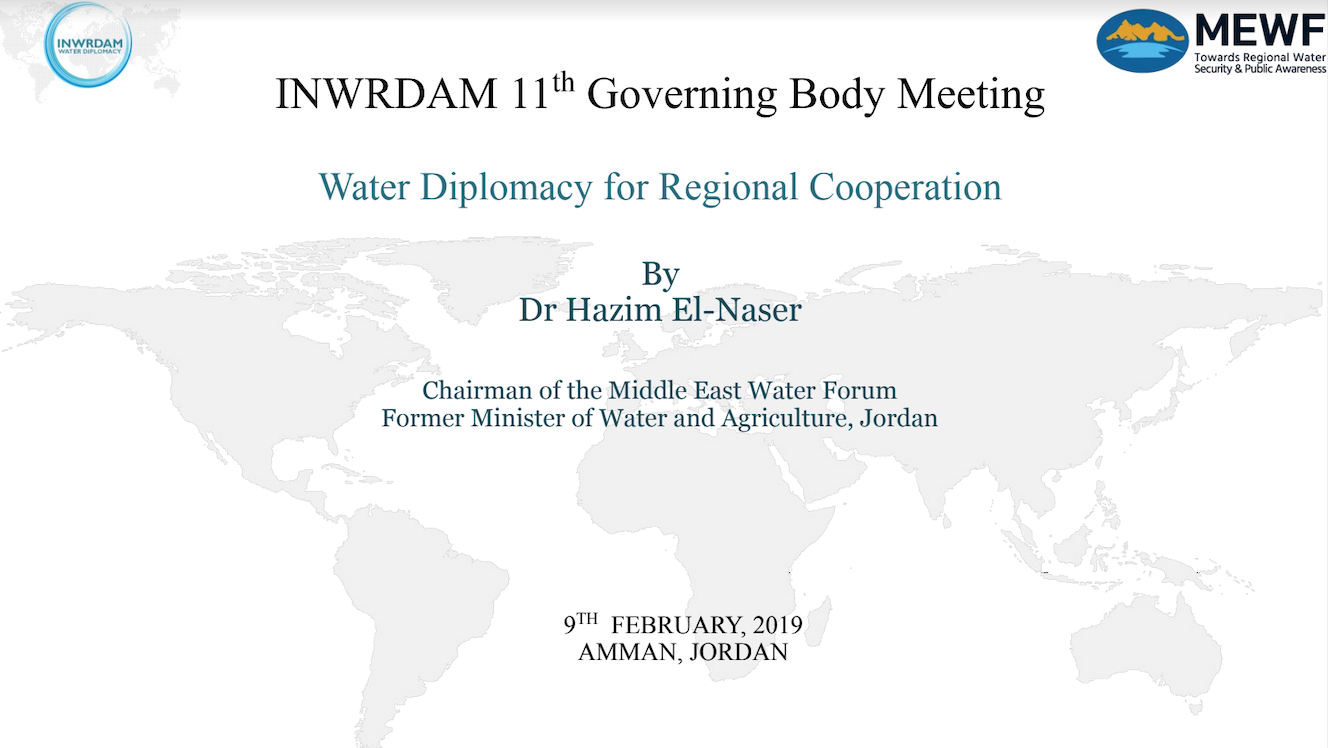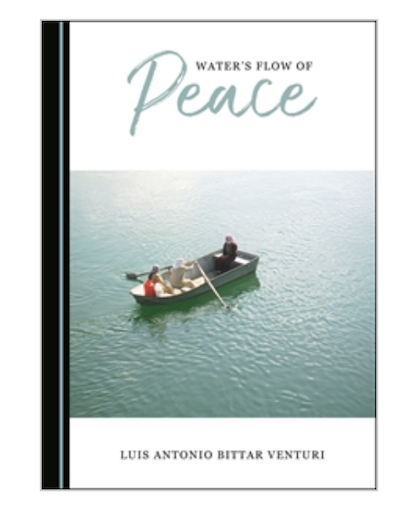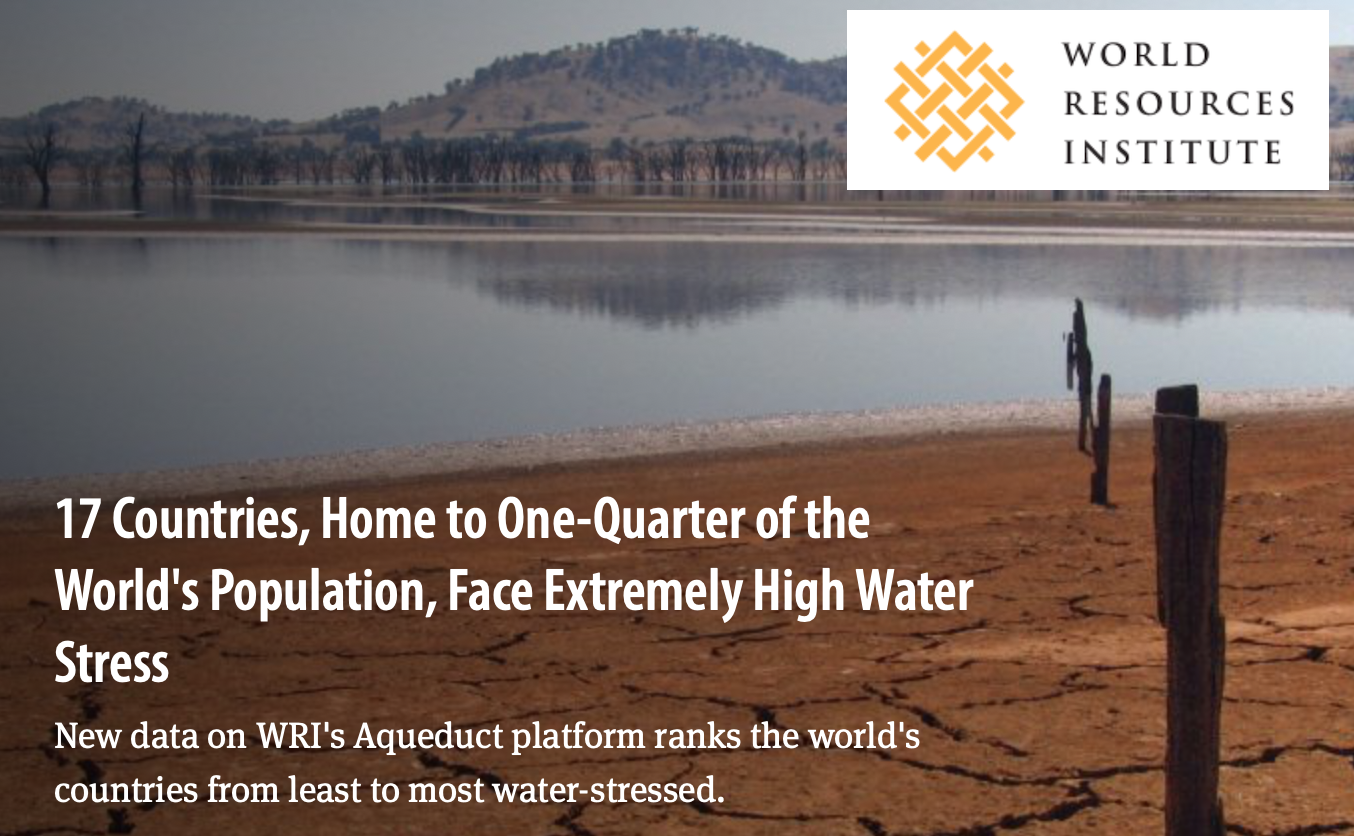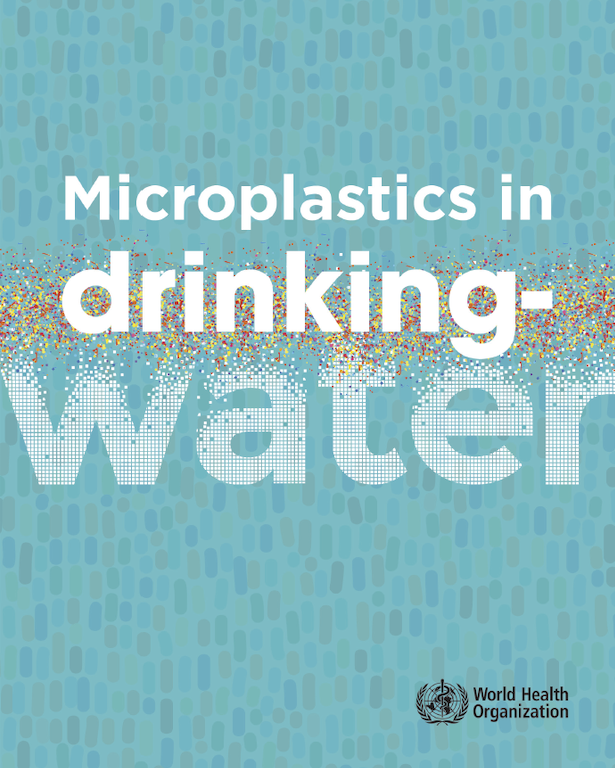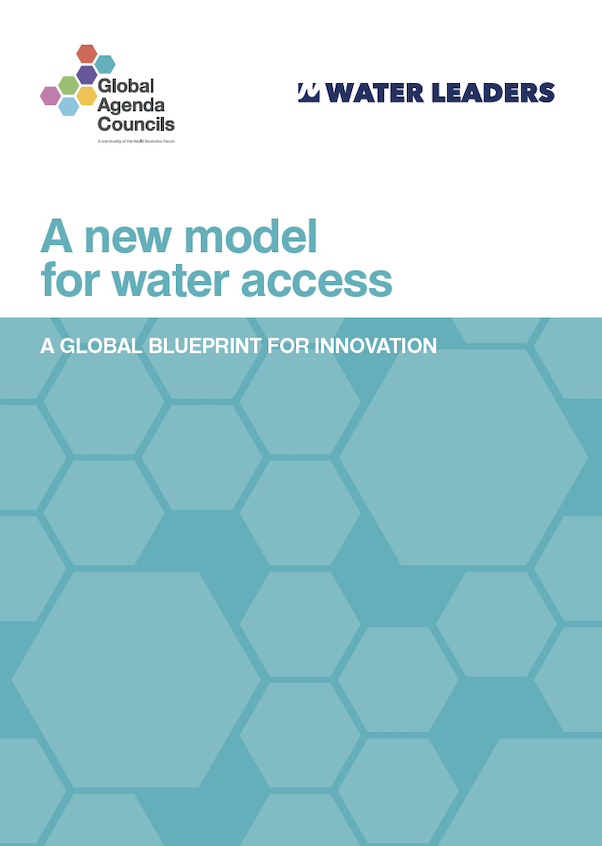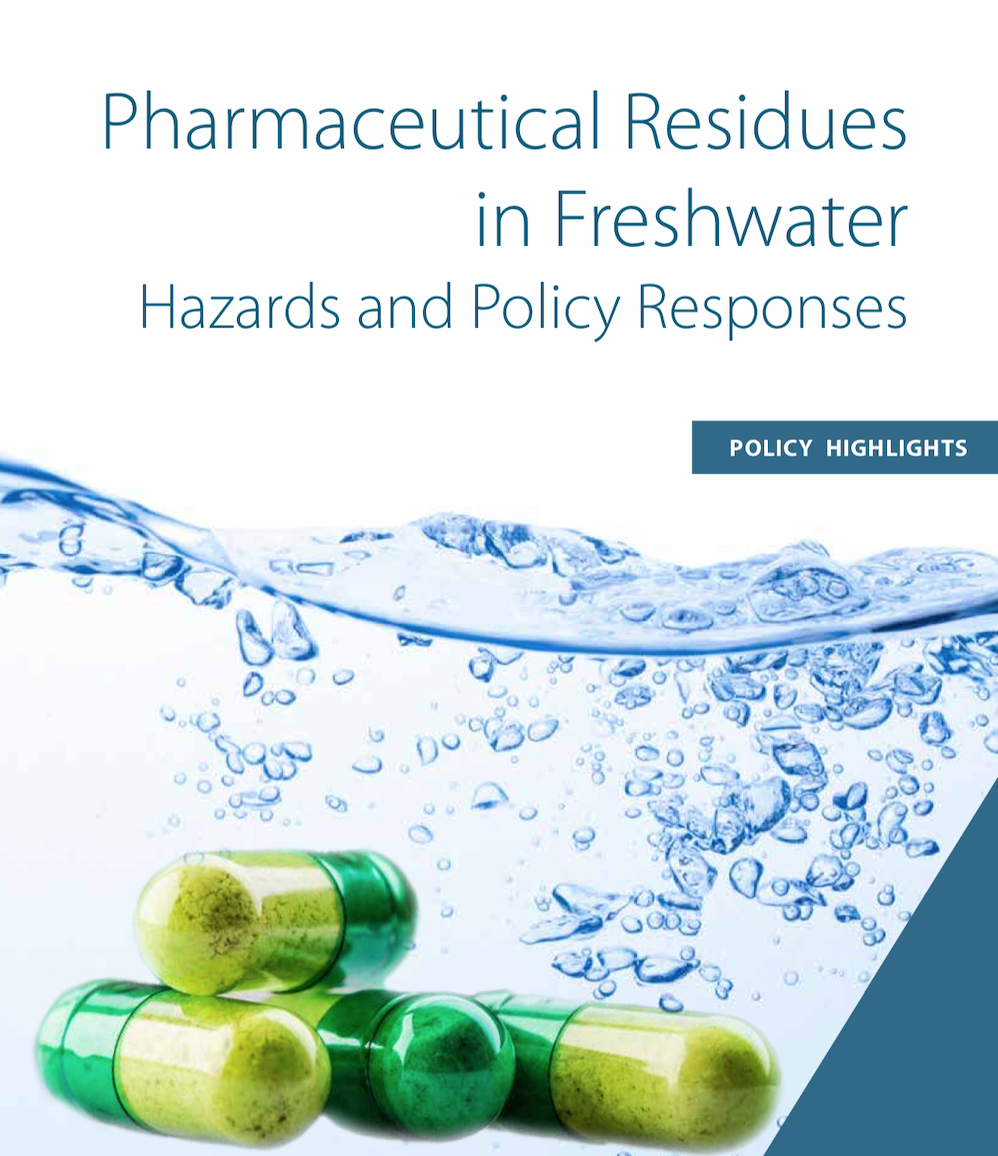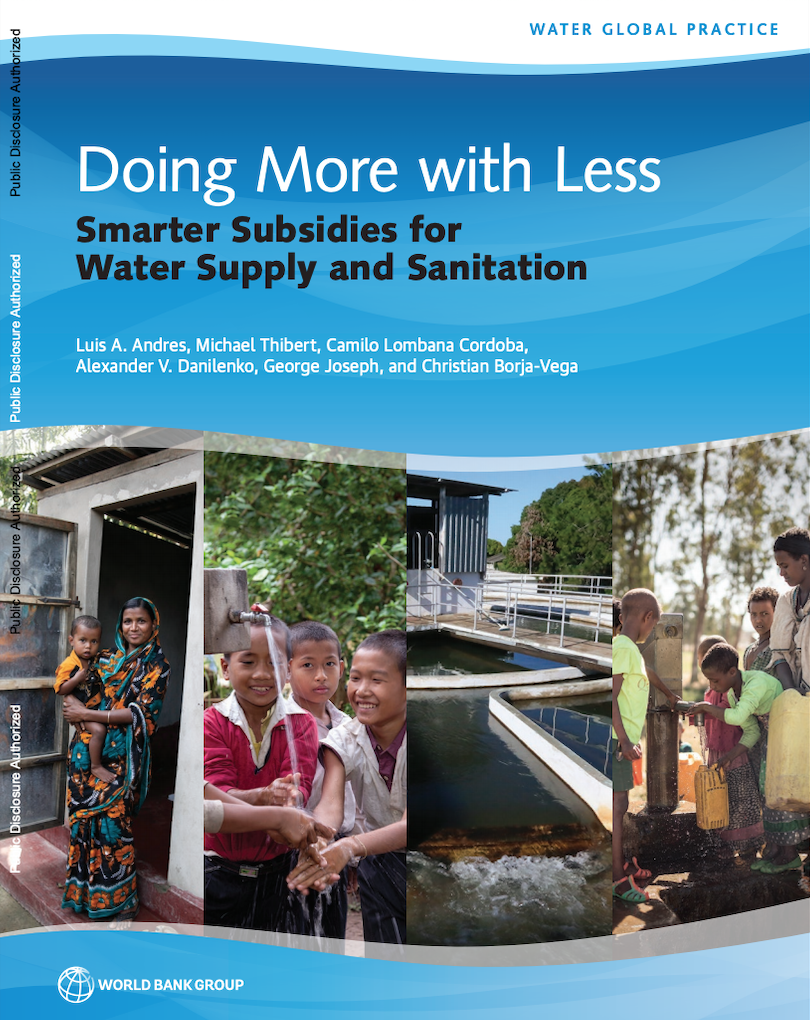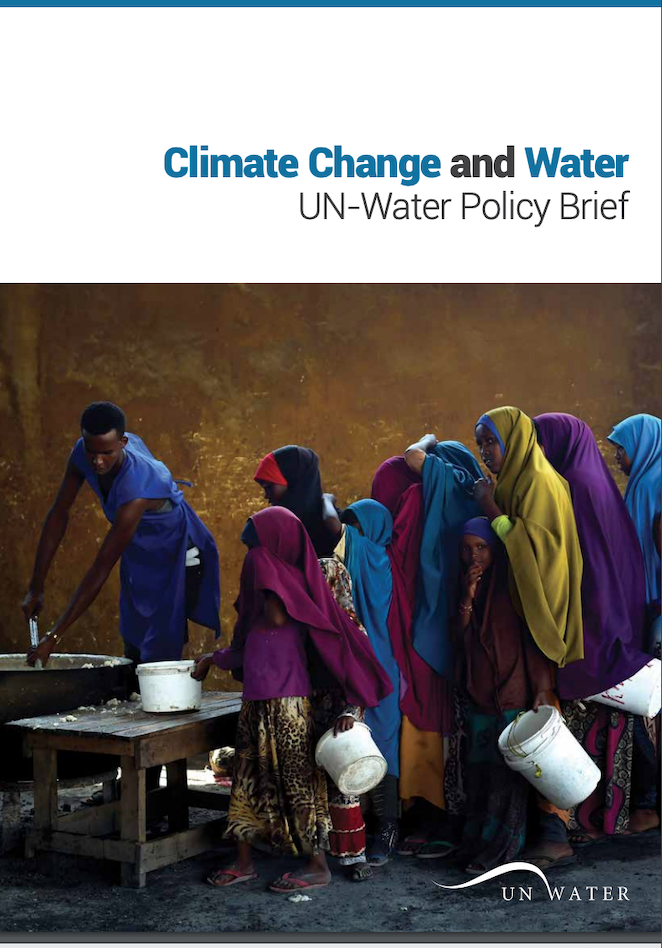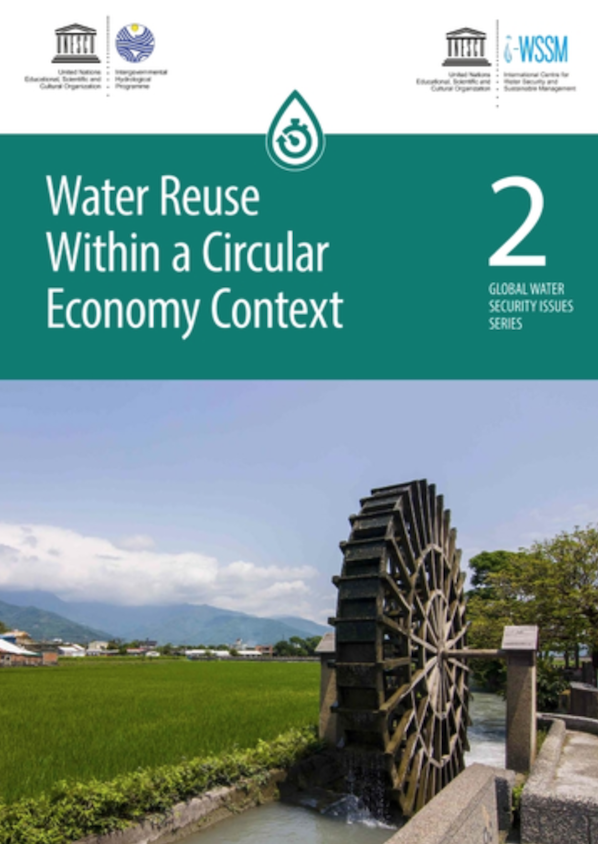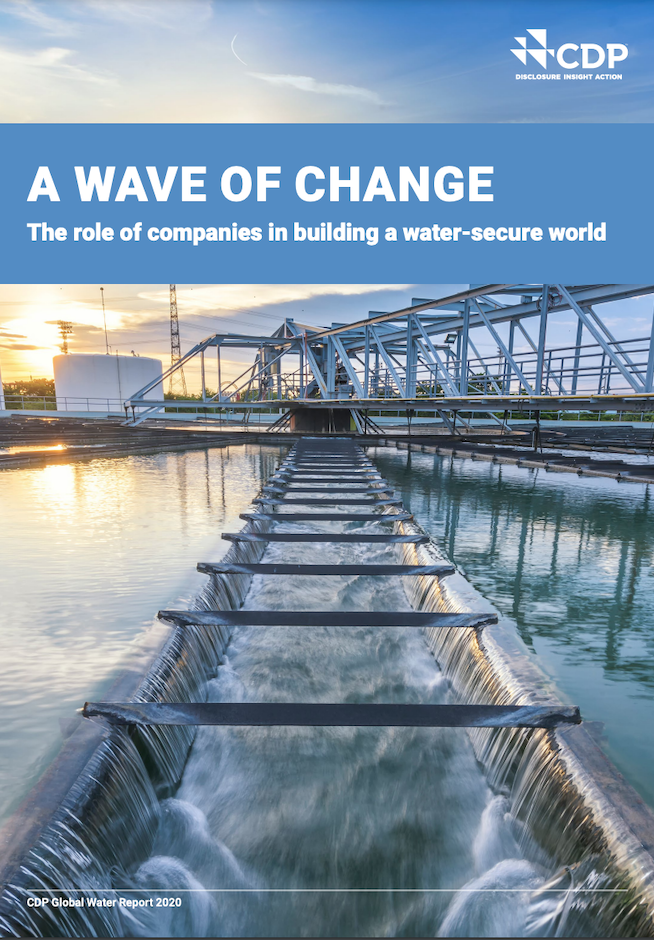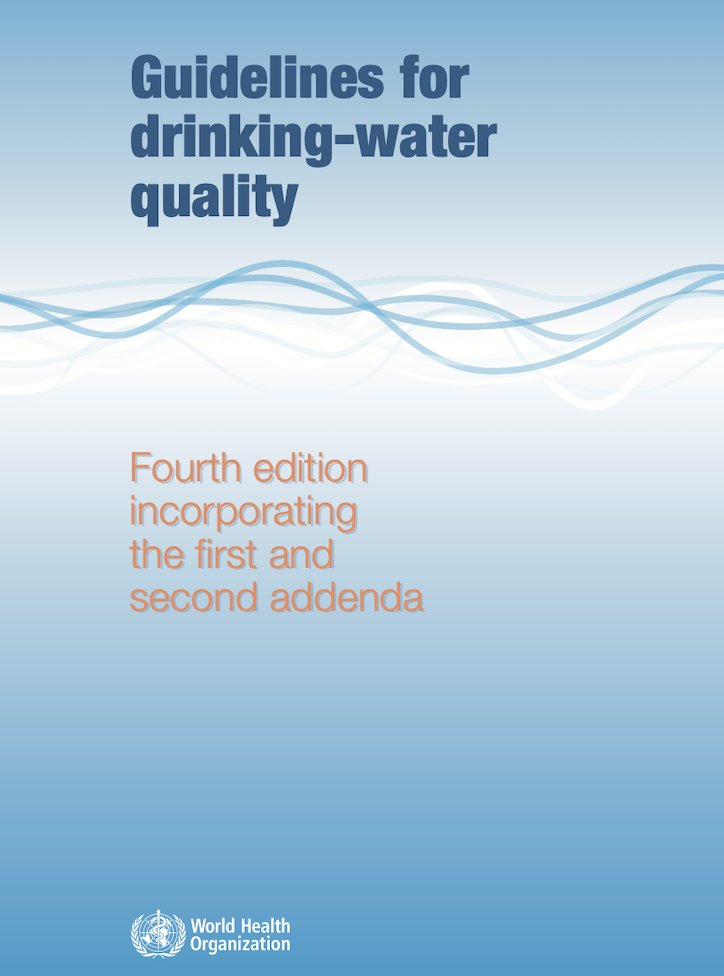The gloomy Face of Absence of Water Accounting in the Lower Jordan River Basin
Zaid Alshawabka
PhD in water accounting
School of Accounting, Finance and Economics
University of Waikato/ New Zealand
The overall water situation in Jordan is difficult and unsustainable. Jordan experiences growing water demands that exceed sustainable supply. The country relies heavily on freshwater resources outside its borders through the sharing of the Jordan and the Yarmouk Rivers and aquifers with neighboring nations. Sharing freshwater resources with the state of Israel and Syrian Arab Republic has resulted in instability in the past. Furthermore, Jordan has experienced considerable waves of refugees, a situation which increases Jordan’s struggle to satisfy domestic water needs.
The causes of contamination are not restricted to physical grounds such as partially treated wastewater. The absence of political will to make changes and the lack of implementing the law owing to nepotism and apathy, which are embodied in the state culture, are also contributing factors. Solutions are likely, but only if the genuine intention is to make real change. In addition, participatory programmes that do not try to marginalise the useful role of the local societies are needed to create the difference. Therefore, public agencies, civil society organisations, and ecologically concerned parties are all responsible for finding an integrated work environment not only to stop the decline, but also to improve the river, even if the river may never be able to be reformed to its previous state.
Given agriculture’s high demand for water, as well as a growth in the population that demands food and generates wastewater, water reuse for irrigation is bound to increase. The governmental agencies need to take control of the situation in order to gradually but constantly put in place water management measures to protect human health, economic activities, and the environment. The government needs to accept that the volume of treated effluent used for irrigation is and will be one of the most sustainable ways to save water worldwide.
Water management needs to be approached in a novel way, in order to include farming demands, socioeconomic and institutional facts, the significance of helping nature to close ecological cycles, and, most of all, to contain the notion that to enhance the quality of life does not essentially mean the same thing in various areas. This integral approach suggests amending some of the more traditional sanitation notions in order to achieve a balance between long- and short-term environmental risks and societies’ pressing needs. In Jordan, to stop using treated wastewater for irrigation would mean removing booming micro-economies based on increasing treated-wastewater-irrigated crops and growing surface water contamination, and in the process, adversely affecting the livelihoods and well-being of downstream water users in the Lower Jordan River Valley. Consequently, instead of promoting impractical policies, it would be best to learn lessons from unplanned water reuse for agriculture and try to progressively improve existing practices to reduce the risks.
Water accounting is a tool needed to achieve effective water resources management. It also enhances the level of corporate, social, and environmental disclosure. Moreover, water accounting may provide information on which decisions regarding ways to enhance human health and tourism conditions can be made. Policy responses also need to include measures to reduce water losses in sectors such as agriculture and industry and to find a high level of accountability through improving the level of enforcing laws in a country that suffers from water scarcity as a result of climate change and human-made pollution. Water supports society’s livelihoods and preserves ecosystems. Water is, therefore, deemed a public commodity and requires a public interest and, accordingly, public accountability for its use, management, and protection, as argued by Signori and Bodino (2013). Following this line of reasoning, attention should be drawn to the necessity for accountability to be ‘public’ or at least shared by diverse stakeholders (government at national and global levels, water industries, societies, ecologists, and NGOs).
It is necessary to make the stakeholders’ voice heard and to encourage the government to take action against the polluters. In addition, it is urgent to illuminate the issue of water scarcity in the Middle East and North African countries which have experienced similar issues to those that Jordan faces. The institutional determinants in Jordan, the Middle East, and North Africa, when compared to those in western countries, are about more issues than managing water, because of the existing rights and relationships that govern people with the state. It is a quite different situation. It is also much more than a technical issue. Freshwater scarcity is also related to political will. Therefore, the senior officers in the state have to contribute to solving the problem and try to find a real intention to apply the law.
Some practices are recommended, which fall under the responsibility of the government, in order to address the environmental consequences of pollution in the Lower Jordan River Basin. It is suggested that wastewater discharged into the Zarqa River is inadequately treated, contributing to adverse impacts on the farming community, tourism sector, physical health, emotional relationships, spiritual relationships, and institutional determinants. Hence, consistent application of regulations by public agencies is recommended. Mara (2013) suggests that, wherever possible, adequate wastewater treatment used for agriculture is needed to lessen contaminants. This adequate treatment requires the government to enforce the law, regulations, and polices unselectively in order to enhance accountability and water governance.
Jordan has unsophisticated water accounting. Therefore, Jordan needs to design or adopt a comprehensive water accounting programme in order to achieve effective water resources management. Escriva-Bou et al. (2016) make clear that water accounting is significant for water management at all scales in water-scarce countries. It is also recommended that experts in water accounting programmes are employed in order to establish an advanced water accounting system in Jordan.

